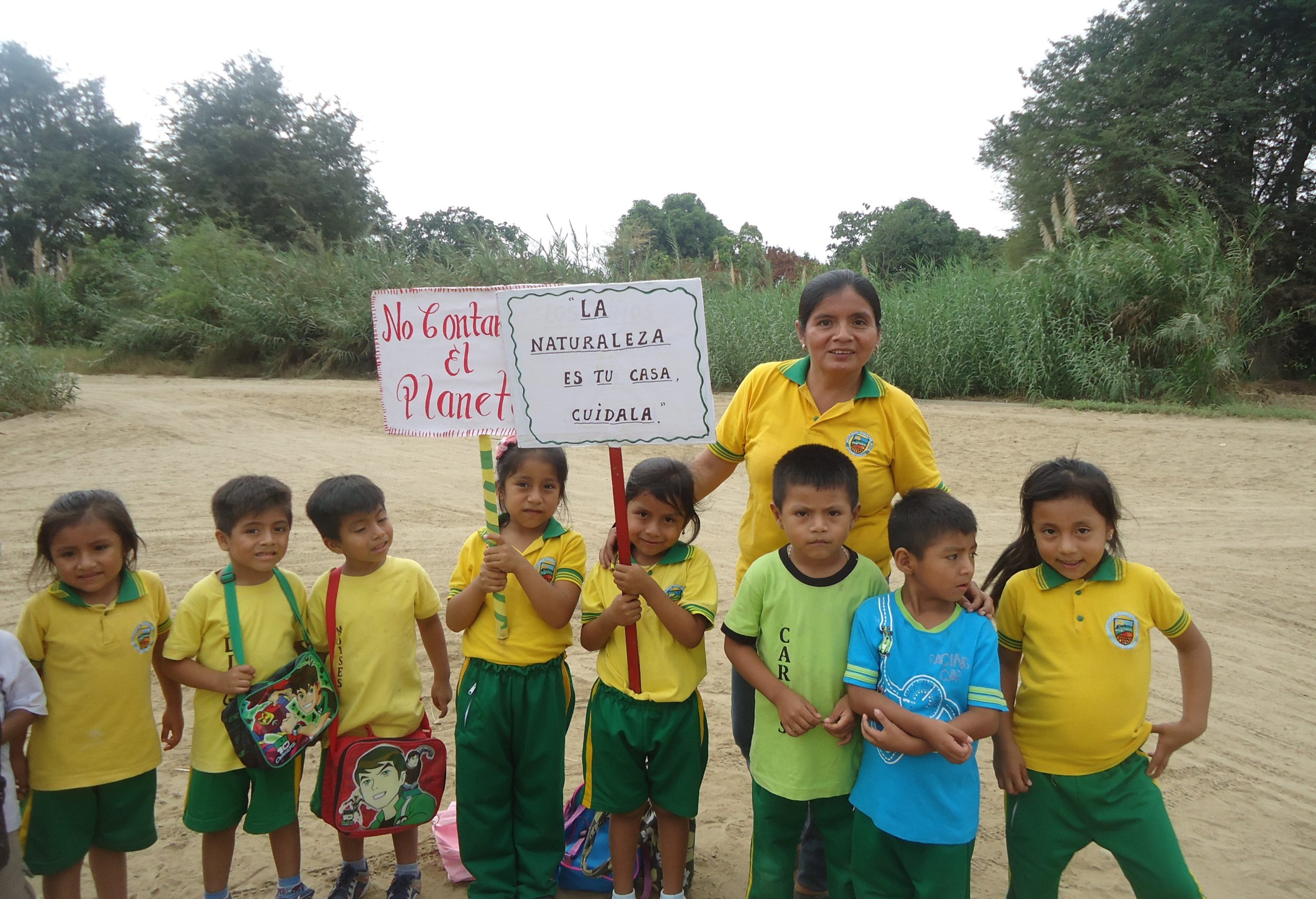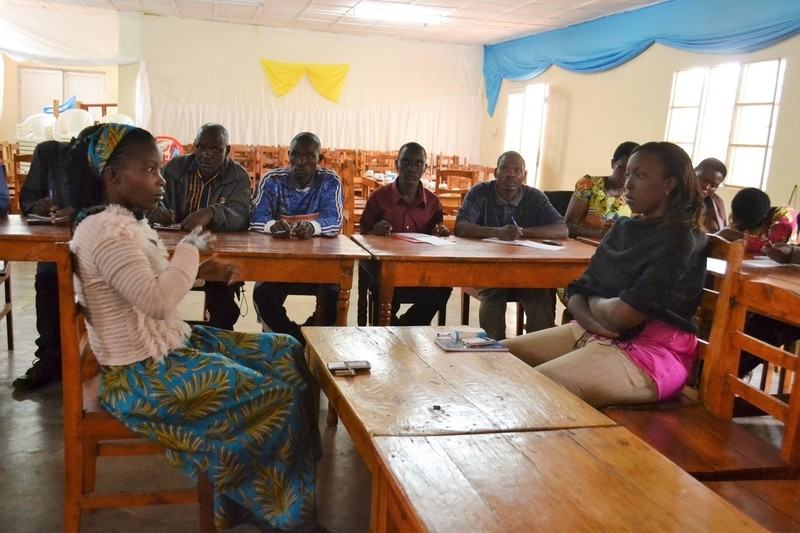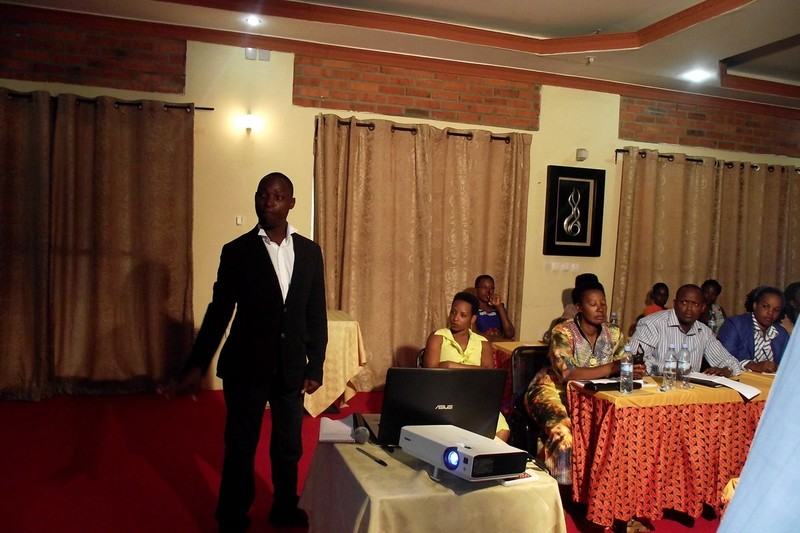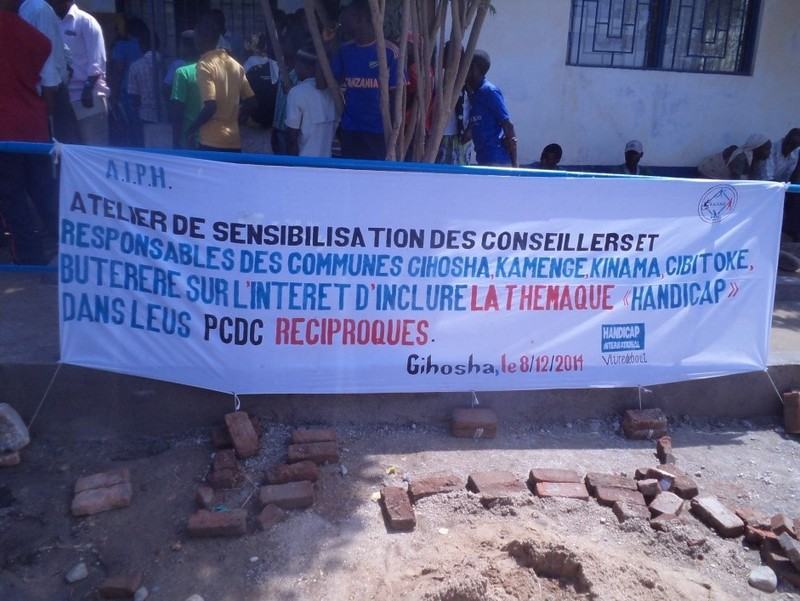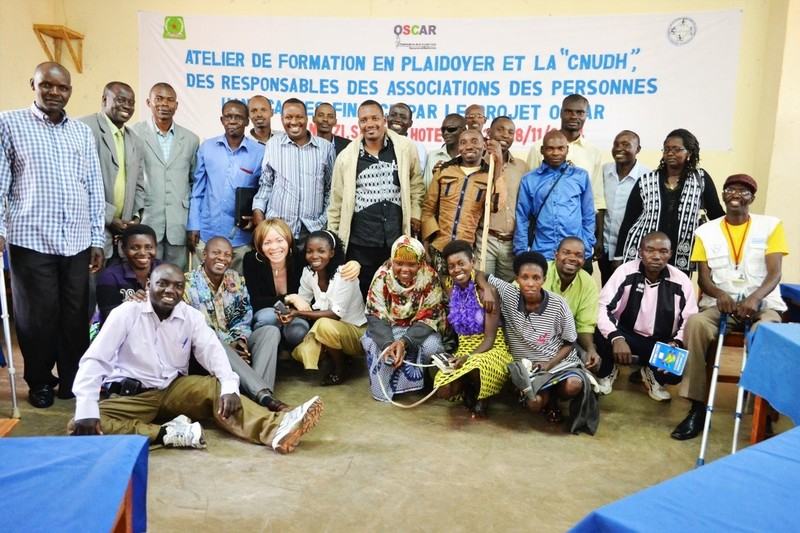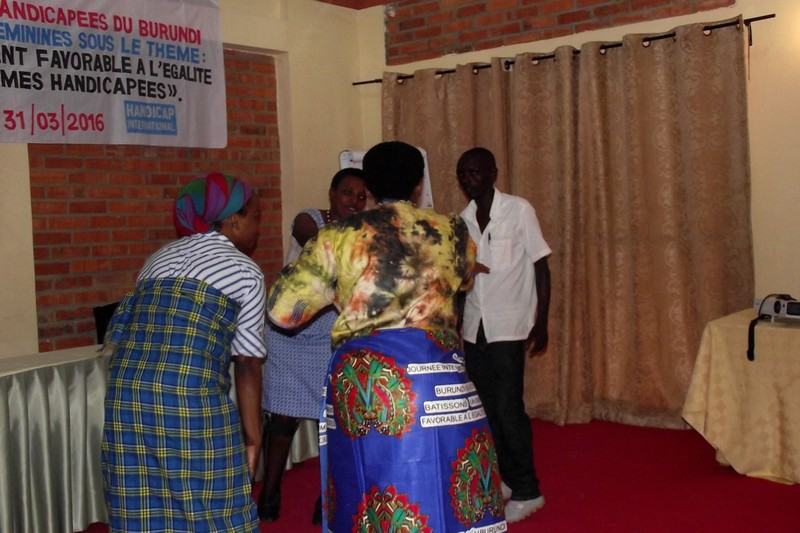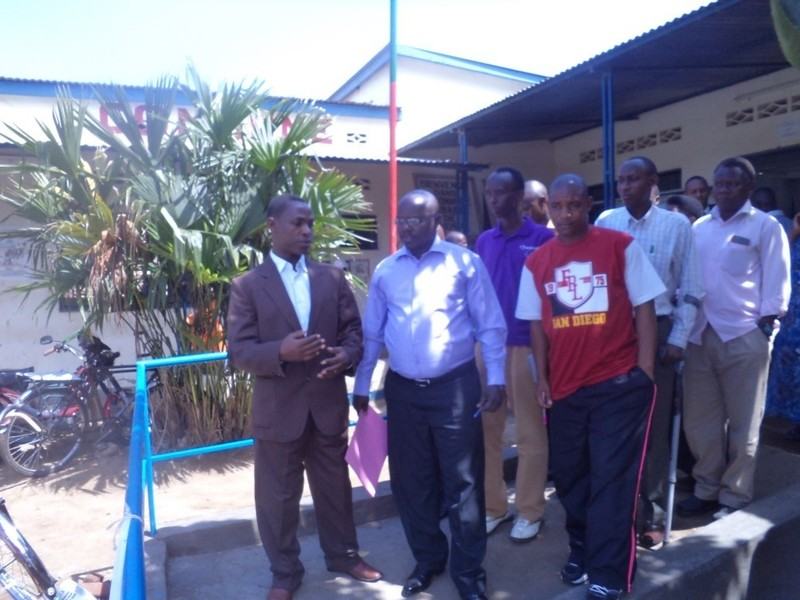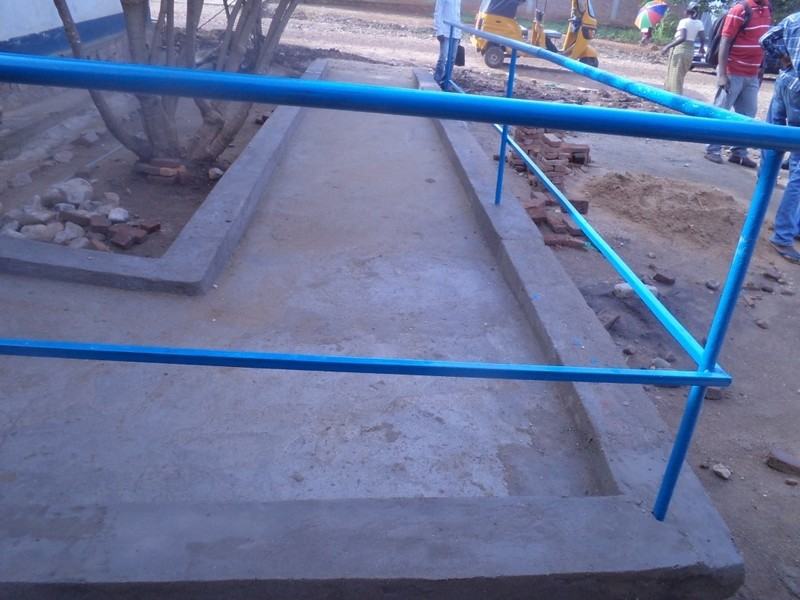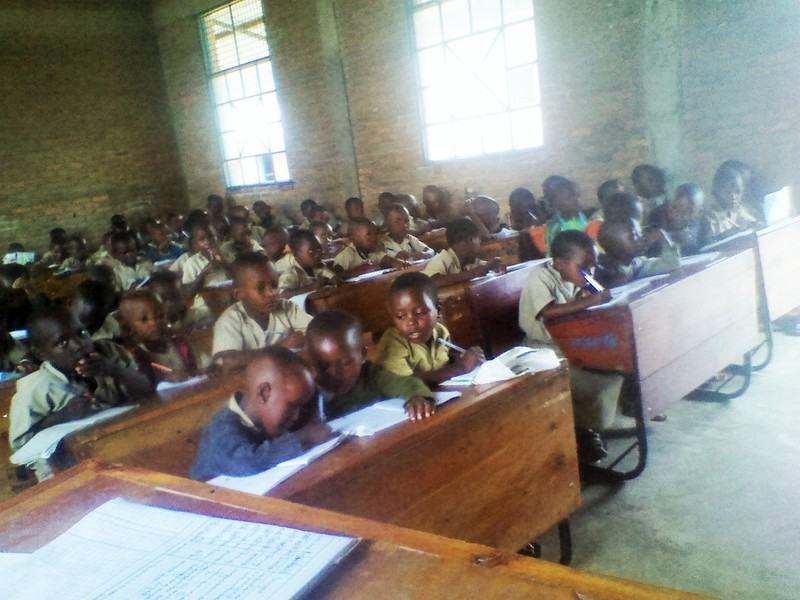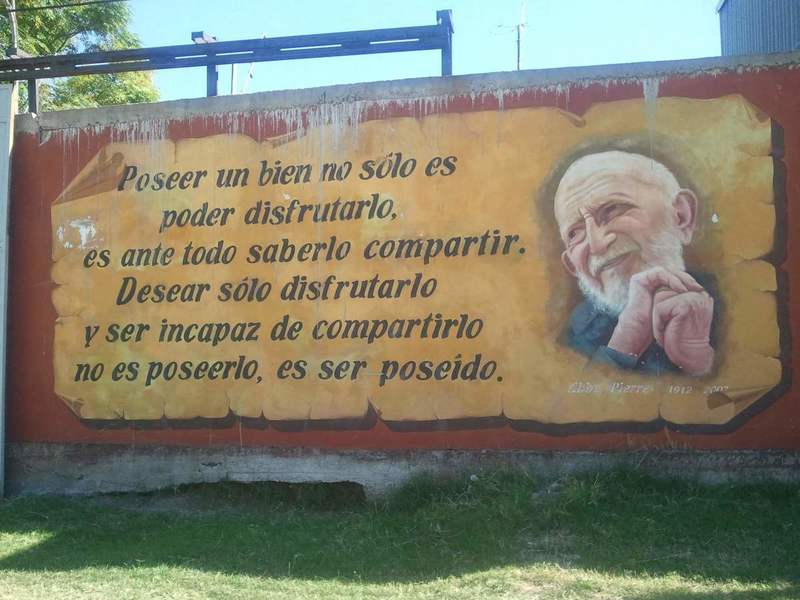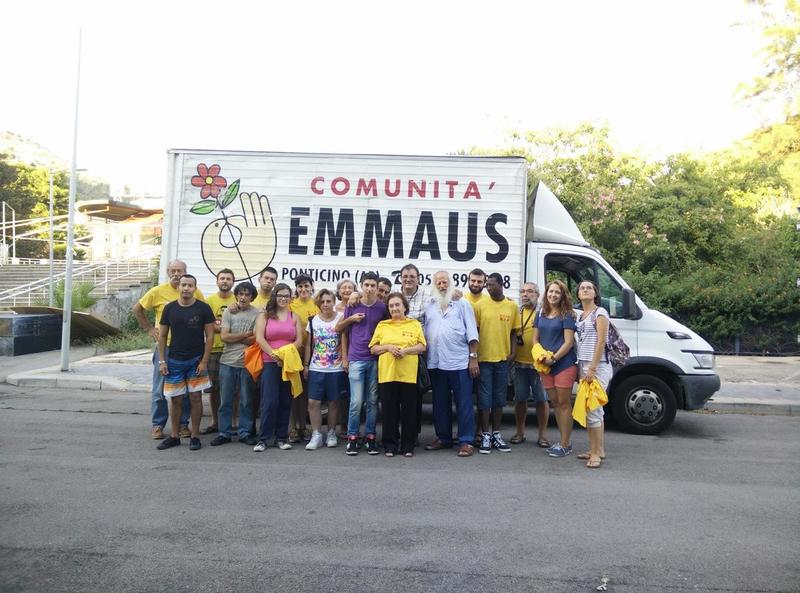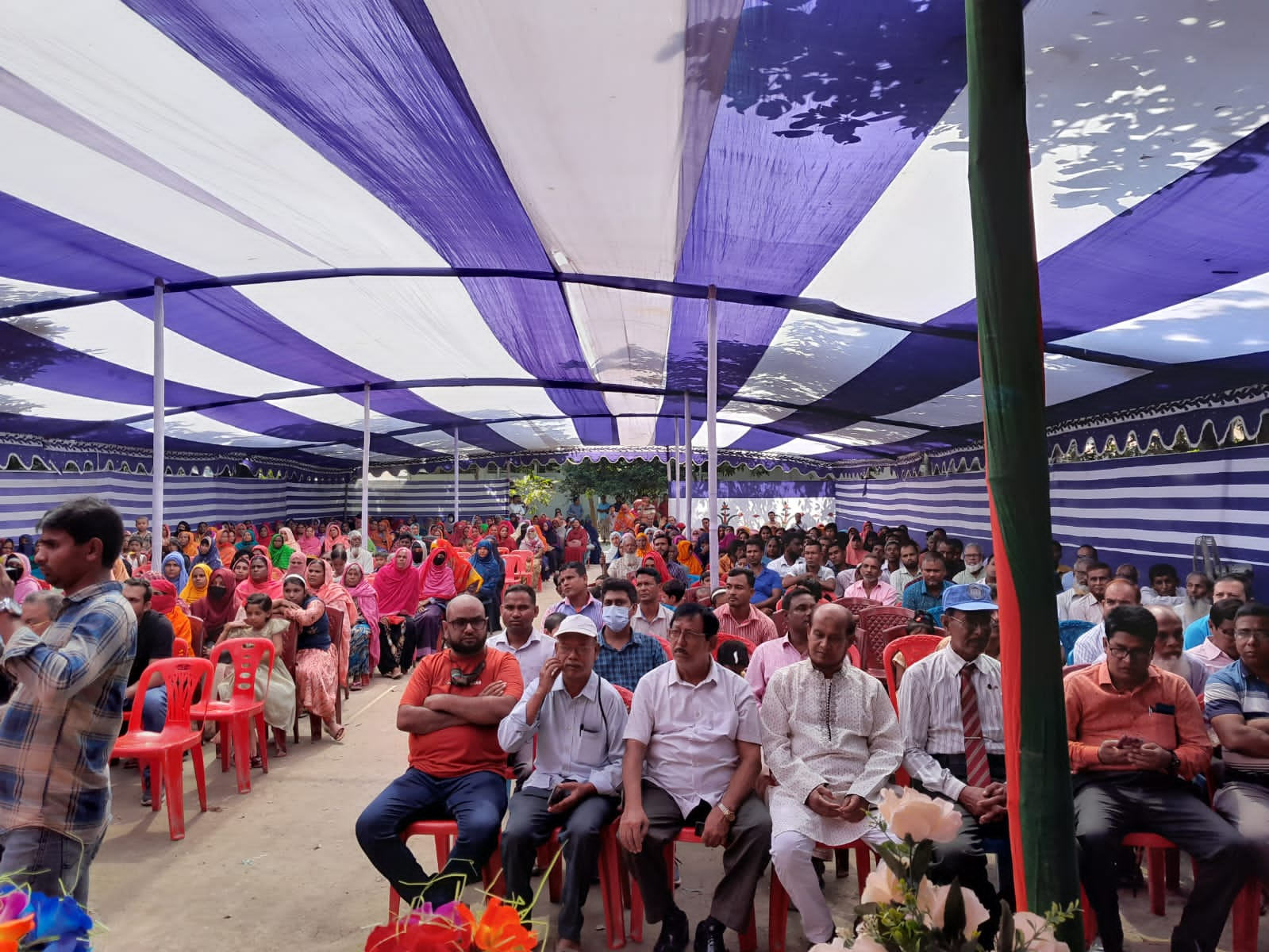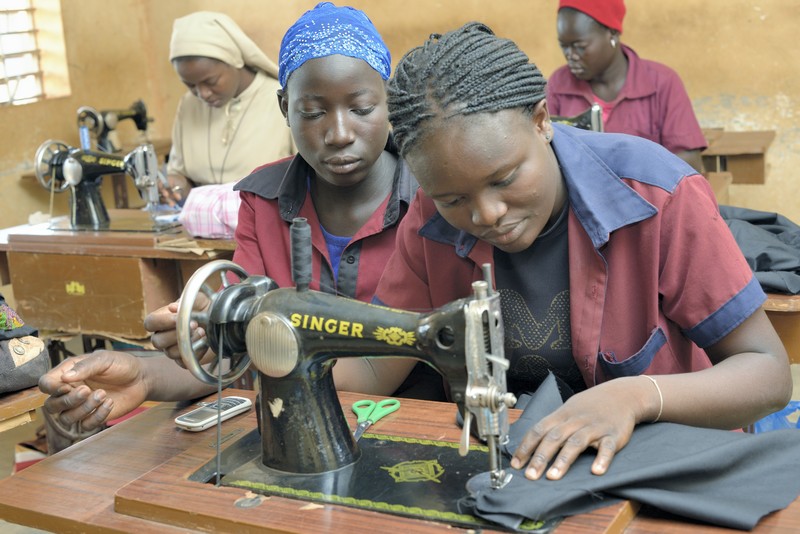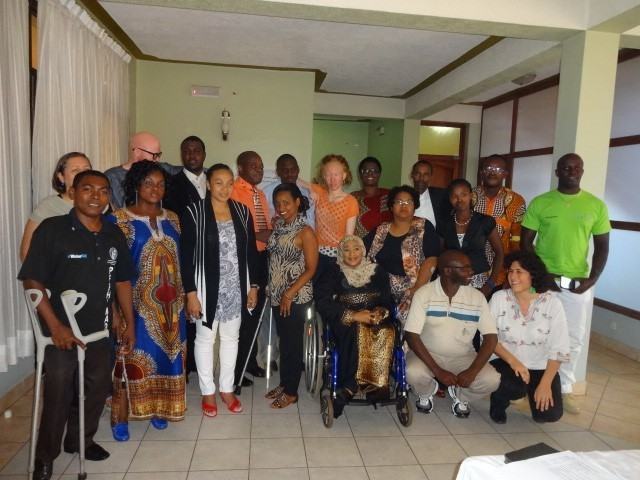
Bujumbura Mairie, Burundi – Burundi
Lobbying efforts supporting social inclusion for people with disabilities
THE CONTEXT OF YOUR INITIATIVE
In 2007 the international community, including the UN, had understood that an international convention on the rights of people with disabilities was necessary in order to ensure that these people have access to rights to the same extent as other people and in all areas of life.
This convention came into force in many countries in 2006 but Burundi continues to lag behind and is now the only country in Eastern Africa that has not created a text to apply this convention on the national level. That is why AIPH, working alongside other organisations for people with disabilities in Burundi, lobbies the Burundi government to adopt provisions to apply this UN convention.
Why do we need to lead advocacy work? The content of the convention has not been heard neither by the beneficiaries (disabled people) nor by those who are responsible for implementing it. The authorities seem not to know where to start to apply this convention. The State is also afraid of committing to this work as it would require significant financial investment despite the fact that this is the State’s role in this matter.
THE ACTIVITIES CARRIED OUT AS PART OF YOUR INITIATIVE
– Since 2014, with financing from Handicap International Burundi, AIPH has organised yearly workshops to mark the International Day of Persons with Disabilities. These workshops have focused on the following topics:
In 2014 AIPH raised awareness amongst the local officials in communes in North Bujumbura Central (6 communes in total) in order to improve the participation of disabled people in community development planning.
In 2015 AIPH raised awareness amongst the Community Committees for Family Planning in the communes in Central Bujumbura, reminding them that their activities should also include disabled people, as disabled people had been largely forgotten by these services.
In 2016 AIPH participated in a workshop with the heads of schools* in Central Bujumbura. The goal of this workshop was to discuss provisions to be taken and/or reasonable adjustments to be made in order to reduce the number of disabled pupils dropping out of school.
(*) Under the new school system in Burundi children must complete 9 years of ‘fundamental’ schooling. This is meant to provide the children with a basic level to get by in life.
– In order to lead by example two access ramps have now been built in the main towns in Gihosha and Kamenge province. Physical access to sites for day to day services remains a problem for disabled people in Burundi. When we build access ramps it shows the Burundi Government that these ramps don’t cost much and that all that is lacking is the willpower to build them.
– In 2014, alongside the two most representative organisations in the country, the FAPHB and UPHB, an awareness-raising workshop was organised for the heads of political parties thanks to financing from the EU. The goal of this workshop was to improve the inclusion of disabled people in political parties and to increase the participation of disabled people in their projects for society.
– In 2015 two workshops were organised with financing from Handicap International:
The first workshop was led alongside the Association for Disabled Women and it focused on raising awareness amongst senior officials from various ministries. Debates were also held about the employment situation for disabled women in Burundi – according to a study led by Handicap International only 1% of disabled women have access to employment in Burundi.
The second workshop was led alongside the FAPHB to celebrate White Cane Day and the International Day of the Deaf.
WHO IS INVOLVED FROM OUR GROUP?
– The board and the 6-person supervisory committee handle the daily monitoring and implementation of AIPH’s advocacy activities.
– Members of AIPH’s legal affairs and public relations committee.
WHICH PARTNERS ARE YOU WORKING WITH ON THIS INITIATIVE?
Photos
FUTURE PROSPECTS
– A draft bill on the rights of disabled people is currently being looked at by the government’s secretariat, although this has been delayed.
– In 2009 the government accepted to increase the budget for disabilities. Centres for disabled people, for example, now receive a yearly subsidy to feed children but this amount is still not enough.
– On the local level, in four communes, disabled people are involved in the meetings for community development planning.
– At primary schools the teachers are informed of what reasonable measures they should take to help disabled children participate to the same extent as all others. This in turn helps to reduce the number of disabled children who drop out of school – in 2016 the number dropped by half according to Handicap International.
WOULD YOU LIKE TO ADD ANY INFORMATION ABOUT YOUR INITIATIVE?
WHAT ARE YOUR PROSPECTS?
Organising workshops to draw up the draft bill because the government’s work on this bill had stalled. Handicap International outlined the lack of funds provided for activities led by associations who work with disabled people in 2017 (this support was cut off in 2016).
Building 8 access ramps and 48 sit-down toilets in 17 schools which previously didn’t have any such facilities. This means that more schools can host disabled pupils as the physical accessibility of schools is one of the barriers to education for this population.
Creating two disability sport pitches for adapted sports activities.
Latest news
